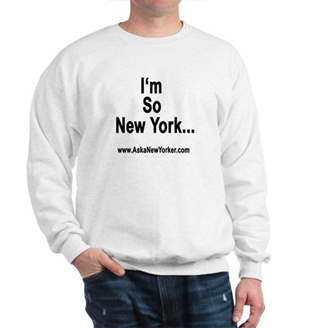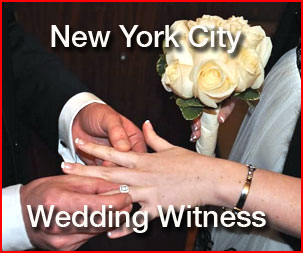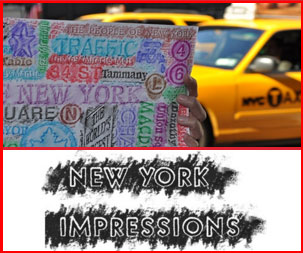The slaughter of 49 people at a gay club in Orlando earlier this month by a man who pledged his allegiance to the Islamic State has set off an all-too familiar routine of outrage and stalemate.
The battle lines are drawn quickly and both sides of the political spectrum only wanted to focus on the problem that appeals most to its relative base of support. But that guarantees little or no progress.
The facts are this: An Islamic fundamentalist who should not have been in this country was able to get his hands on weapons he should not have been allowed to buy. Addressing only the immigration angle won’t prevent another mass shooting and calling for some kind of assault weapons ban won’t solve this issue either. If you don’t address both problems you’ll have more of these kinds of attacks.
The gun-control advocates want to ignore the terrorist aspect of this massacre. The shooter was a U.S citizen after all, Democrats like President Obama were quick to point out. He was a troubled person who beat his wife and may have been gay himself, they argue. He didn’t know his ass from his elbow as far as the Islamic terror elements fighting in the Middle East, paying homage to both ISIS and a Floridian jihadist who died fighting ISIS.
But a confused, closeted gay terrorist is still a terrorist. And if you talk like an Islamic terrorist and act like an Islamic terrorist…
The rapid reaction to focus on guns and the burying of heads in the sand on the fact that this was a terrorist attack sends the message loud and clear: multiculturalism is a faith that people will stick to despite multiple bloodbaths. It demands that you look the other way and not institute any reforms that might tangle with the theory that we can somehow fill the American melting pot with religious crazies and walk away unscathed.
Even when the perpetrator is a brown-skinned closeted gay Muslim who pledged allegiance to ISIS, it’s somehow dumb rednecks and their love of guns that’s responsible for this. It’s easy to paint the N.R.A. as the villain here because it makes it easy to fall into the same old political roles we are comfortable with. Violence, outrage, stalemate, repeat.
The other side of the issue is more troubling to think about. That is the idea that our immigration policies over the last several decades have placed a fifth column of potential terror recruits that are replenish and multiplied with each generation. We’ve seen this with other populations of Muslims in the U.S. as well, most notably with the children of Somali refugees from the Minneapolis area that have returned to their homeland to join the extremist Al Shabaab group. The Orlando shooter was a U.S. citizen; that’s true, but his family came here under a refugee program. If we had a well-functioning immigration and refugee system, this guy would not have been here.
Curbing home-grown Islamic terrorism means making massive immigration reforms that are currently labelled xenophobic by open borders advocates. We cannot bring large numbers of Muslims into the country and not expect to have some of them become radicalized. This doesn’t mean banning all Muslims from entering the country—that would be asinine and alienate some of our most stalwart allies in the fight against Islamic fundamentalism. But it means having a stringent program to weed out potential troublemakers, institute swift deportation programs for those refugees and immigrants that prove themselves undesirable, and bring in much lower numbers of refugees and immigrants.
Limiting access to assault rifles or “assault style” weapons means that we develop a very well-defined and expensive system for keeping track of people who are not worthy to own firearms. And let’s not confuse the issue: the overwhelming majority of murders in this country are not mass shootings with assault rifles but handgun murders. You could eliminate all “assault style” rifle killings and still not put much of a dent in the murder rate. You have to keep track of the people who should not own guns. Piddling over what guns are legal or not will do little.
And my fellow gun owners need to fess up that the situation is out of hand when home-grown jihadists can be better armed than our police. Yes, our crime problem is more one of demography than armaments, but the patchwork gun laws we have in the U.S. does not serve us well. We will be better with a centralized system with a full due process that overrides restrictive local laws but allows the government to stop bad guys from having guns.
Both of these reforms mean that we admit that very powerful partisan articles of faith are wrong. We have to admit that large-scale availability of military-grade weapons is a bad idea and needs major reform. We also have to admit that large-scale immigration from dangerous parts of the world is an abject failure and needs to be sharply restricted if not curtailed with minimal exceptions for outstanding allies and truly deserving and well-vetted refugees.











